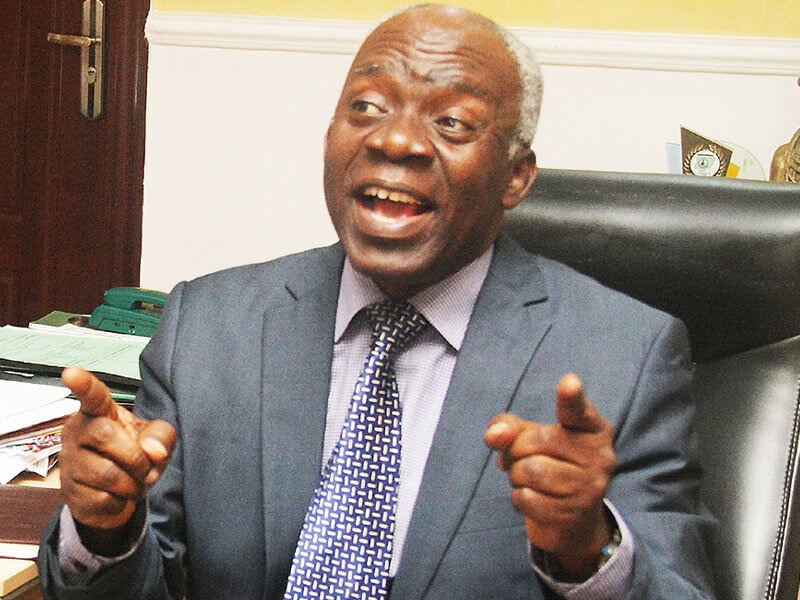Leading constitutional lawyer Femi Falana (SAN) has declared FCT Minister Nyesom Wike’s recent property demolitions and judicial housing gifts unconstitutional, warning these actions could trigger costly legal battles for the government.
Speaking on Channels Television’s Politics Today, Falana emphasized that Wike’s approach to both property demolitions and judicial housing provisions breaches established legal frameworks.
Demolitions Without Due Process
Falana condemned Wike’s demolition practices as “primitive,” noting that they violate the Urban and Regional Planning Act governing the FCT. According to the senior advocate, proper legal procedures require:
- Initial review by the Urban and Regional Planning Board
- Right of appeal to the Urban and Regional Planning Tribunal
- Further appeal options through the High Court
- Demolition orders only after exhausting all legal channels
According to Falana, the minister has no authority to unilaterally order demolitions without following this legal process.
Constitutional Concerns Over Judicial Gifts
On the matter of providing houses and cars to judges, Falana argued that such gifts from the FCT minister fall outside constitutional boundaries. He stressed that all judicial welfare matters should be handled exclusively through the National Judicial Council (NJC).
“If the executive wants to assist the judiciary, the appropriate approach is to go to the National Assembly,” Falana explained. “You can have a supplementary budget. If it has been discovered that the judiciary needs housing in Abuja, then the National Assembly should make the necessary appropriations.”
The senior advocate emphasized that neither the FCT minister nor state governors have the constitutional authority to provide such benefits directly to federal judges.
Legal Framework for Judicial Support
Falana outlined the proper constitutional channels for supporting the judiciary:
- All judicial support must be coordinated through the NJC
- Housing, transportation, and security provisions should come from the NJC’s budget
- State-level support must follow Section 121 of the Constitution
- Funds should be allocated directly to heads of courts
“Judges need houses, of course. Judges need cars, of course. They need security, of course. But these should be provided by the NJC within its budget,” Falana maintained.
The senior advocate’s intervention comes amid growing concerns about the FCT Administration’s approach to urban development and institutional support. His statements have sparked renewed debate about the boundaries of ministerial authority and the need to protect constitutional processes in Nigeria’s capital territory.

Leave a Reply